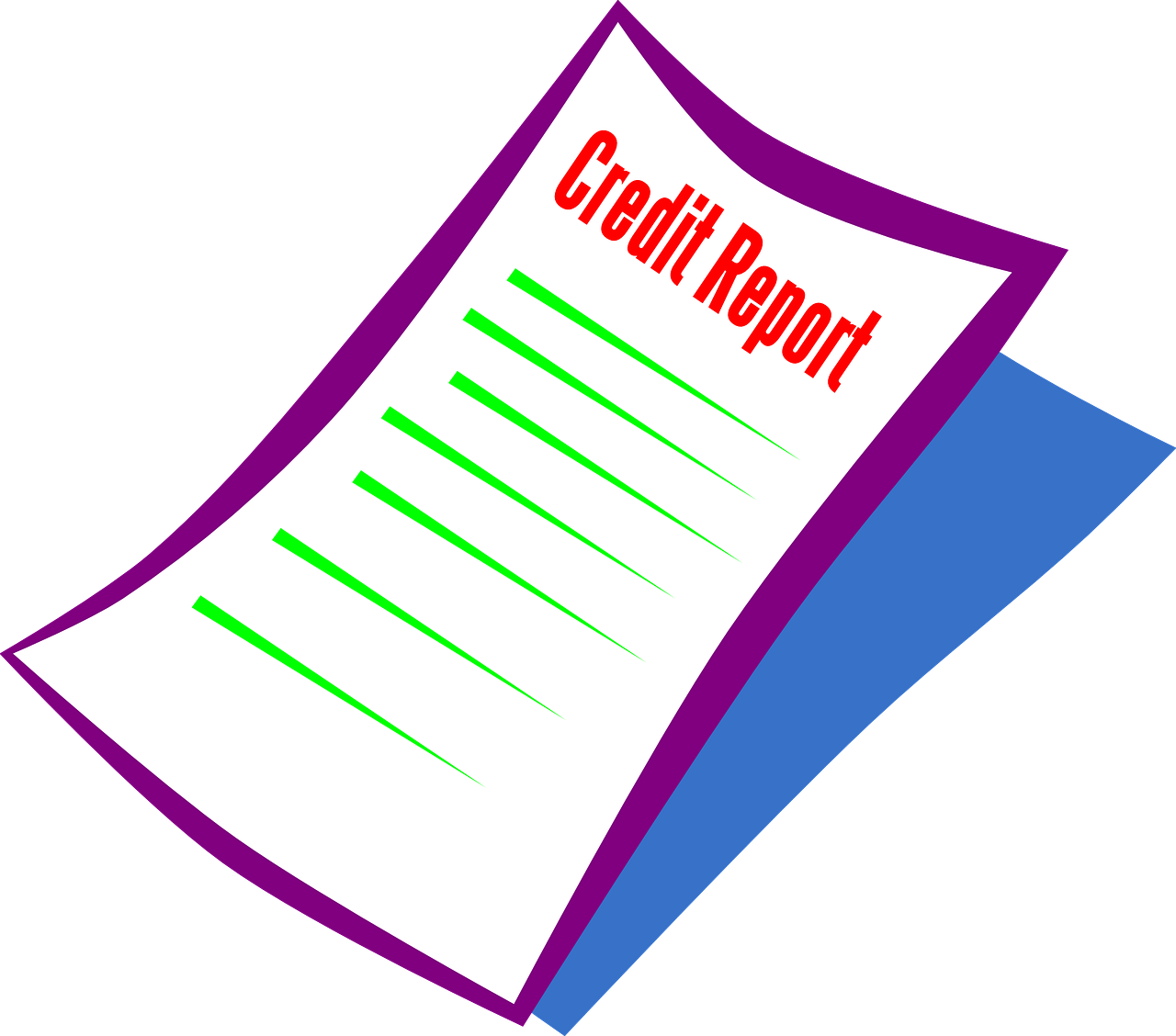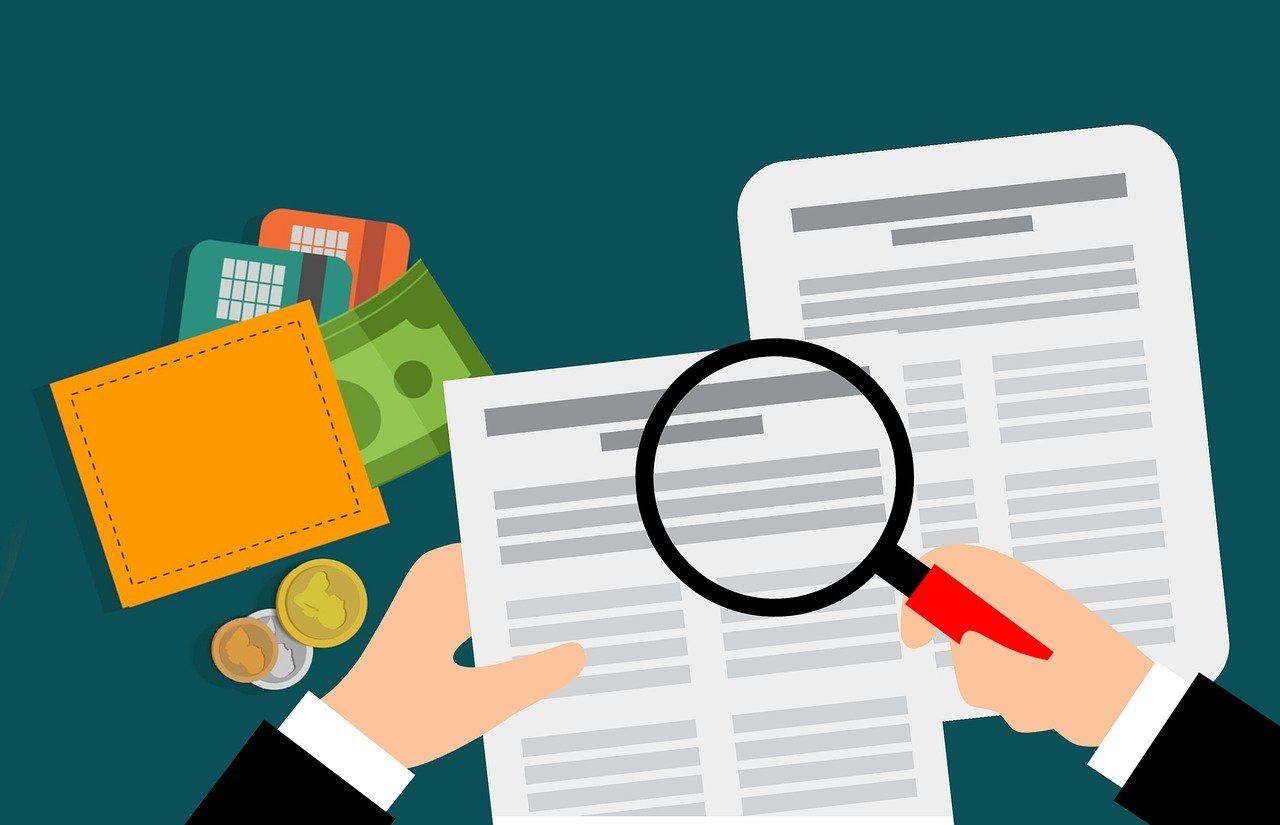Step-by-Step Guide to Accessing Your Free Credit Reports from All Major Credit Bureaus
Are you interested in keeping track of your credit history? Look no further! In this article, we will show you how to easily obtain a free copy of your credit report from each major credit bureau. By requesting these reports from Equifax, Experian, and TransUnion, you will be able to thoroughly review your credit history and identify any errors or inaccuracies that may be affecting your financial well-being. It’s time to take control of your credit and ensure its accuracy!
How to Obtain a Free Copy of Your Credit Report from Each Major Credit Bureau
Overview
Obtaining a free copy of your credit report from each major credit bureau is an essential step in maintaining your financial health. Credit reports play a crucial role in financial decision-making, and it is important to understand the significance of detecting and correcting errors or inaccuracies in these reports. By following the steps outlined below, you can ensure that you have access to accurate information about your credit history.
Why is it Important?
Obtaining a free copy of your credit report is important for several reasons. Firstly, it allows you to review the information that lenders, landlords, and other financial entities use to make decisions about your creditworthiness. By reviewing your credit report, you can identify potential issues that may arise from errors or inaccuracies. These issues can have a negative impact on your credit scores and limit your financial opportunities. By regularly checking your credit report, you can take proactive steps to prevent and address any inaccuracies.

Step 1: Understanding the Credit Bureaus
Before requesting your credit reports, it is essential to have a basic understanding of the three major credit bureaus: Equifax, Experian, and TransUnion. These bureaus are responsible for collecting and reporting credit information to lenders and other companies that request your credit history. Each credit bureau may have slightly different information, so it is important to obtain a copy of your credit report from each one.
Step 2: Checking Eligibility
To request a free credit report, you must determine if you are eligible. Under federal law, you are entitled to a free copy of your credit report from each major credit bureau once every 12 months. However, eligibility may vary depending on certain factors such as your location, recent credit applications, or if you have been a victim of identity theft. If you are not eligible for a free credit report, there are alternative options available for obtaining and reviewing your credit information.

Step 3: Requesting Your Credit Reports Online
Requesting your credit reports online is a convenient and efficient way to obtain your credit information. Each major credit bureau provides online platforms for requesting free credit reports. To navigate the online process, you will need to provide personal information and answer security questions to verify your identity. It is important to ensure that you are using secure and reputable websites when requesting your credit reports online.
Step 4: Requesting Your Credit Reports by Mail
If you prefer to request your credit reports by mail, you can follow a simple process. Begin by obtaining the necessary forms and documentation required for mail requests. Each credit bureau may have specific forms that need to be filled out and submitted. Additionally, you will need to provide proof of identification, such as a copy of your driver’s license or passport. It is important to carefully review the mailing addresses of each major credit bureau to ensure that your request reaches the correct destination.

Step 5: Requesting Your Credit Reports by Phone
Another option for requesting your credit reports is by phone. Each major credit bureau has designated phone numbers for requesting free credit reports. When making a request by phone, be prepared to provide personal information and answer security questions to verify your identity. Follow the step-by-step instructions provided by the credit bureau representative to successfully request your credit reports.
Step 6: Reviewing Your Credit Reports
Once you have obtained your credit reports, it is crucial to review and analyze them carefully. Look for errors, inaccuracies, or potential signs of fraudulent activity. Pay close attention to information such as your personal identifying details, credit accounts, payment history, and public records. If you identify any errors or inaccuracies, you should take immediate action to dispute them with the credit bureau and the entity that provided the incorrect information.

Step 7: Disputing Errors or Inaccuracies
If you discover errors or inaccuracies in your credit reports, it is essential to take steps to dispute them. Start by gathering supporting documentation that proves the incorrect information. This may include payment receipts, bank statements, or any other relevant documents. Contact the credit bureau in writing and provide them with a clear and concise explanation of the error, along with the supporting documentation. The credit bureau will investigate your dispute and make any necessary corrections to your credit report.
Additional Tips and Considerations
In addition to obtaining and reviewing your credit reports, there are additional tips and considerations to keep in mind. First and foremost, it is important to maintain healthy credit habits such as making payments on time, keeping credit card balances low, and avoiding excessive credit applications. Regularly monitoring your credit reports can help you stay informed about any changes or potential issues. Finally, it is crucial to follow up on disputed items and resolutions to ensure that the corrections are accurately reflected in your future credit reports.
By following these steps and tips, you can obtain a free copy of your credit report from each major credit bureau and take control of your financial well-being. Remember, your credit report is a powerful tool that can shape your financial opportunities, so it is essential to review and address any inaccuracies or errors promptly.


